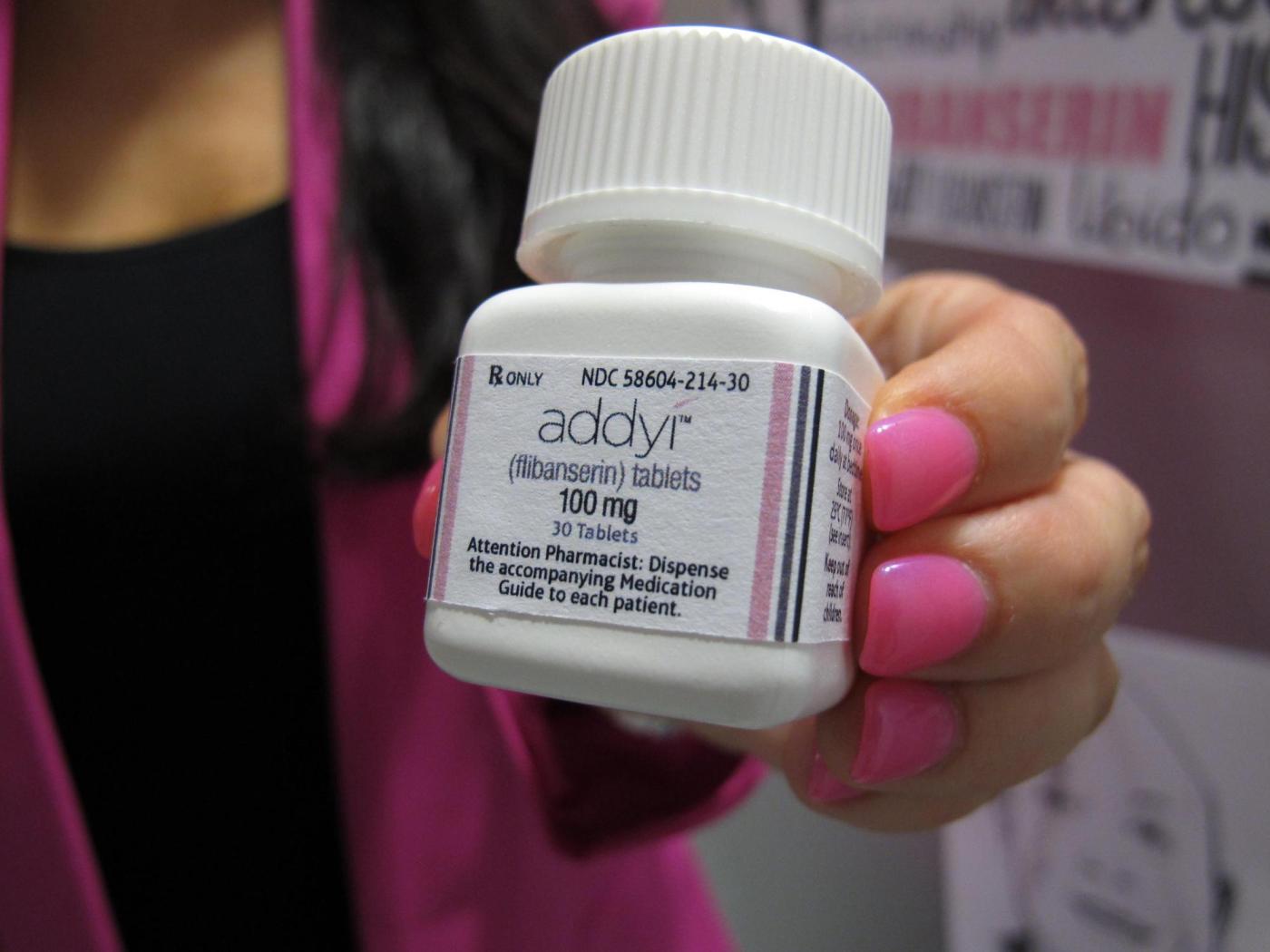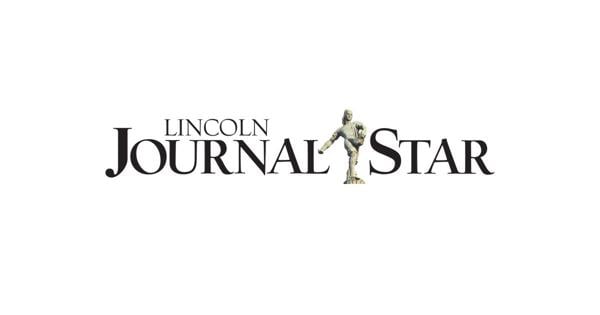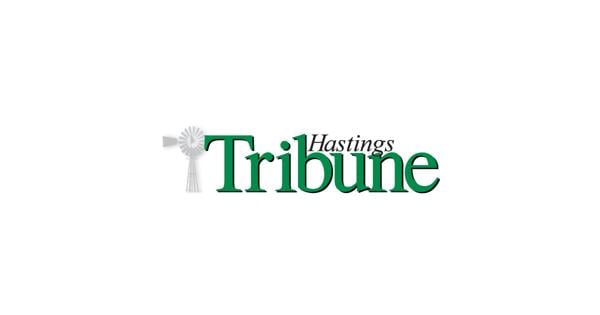A recent survey has found that less than 25% of supplement users are aware of the specific ingredients in their multivitamins. Despite a growing demand for products with fewer artificial additives, many consumers admitted they do not read the labels on their vitamin supplements.
The survey, which was conducted by Health Canada in October 2023, highlights a significant gap in consumer knowledge regarding dietary supplements. While the majority of respondents expressed a desire for cleaner formulations, only a fraction reported regularly checking ingredient lists before making a purchase. This trend raises questions about the effectiveness of current labeling practices in the supplement industry.
The findings suggest that consumers may be relying heavily on marketing claims rather than informed decisions. Of those surveyed, approximately 60% indicated that they trust brands to provide safe and beneficial products without needing to investigate further. This trust appears misplaced, as many supplements contain additives that some health experts caution against.
The desire for transparency in health products has been steadily increasing. In response, several companies are beginning to reformulate their products to eliminate artificial ingredients. This shift is partly influenced by consumer advocacy groups pushing for clearer labeling and more stringent regulations.
Experts emphasize the importance of being well-informed about supplement contents. According to nutritionist Dr. Emily Turner, “Understanding what goes into your body is crucial. Without this knowledge, individuals risk consuming unnecessary chemicals that may not align with their health goals.”
As the supplement market continues to grow, with an estimated value of $140 billion globally, the pressure for better labeling practices is likely to increase. The survey results suggest that companies may need to rethink their approach to consumer education, ensuring that customers can easily access information about what they are ingesting.
This lack of awareness could have implications not only for individual health but also for public health initiatives aimed at promoting well-being through informed dietary choices. As consumers become more health-conscious, the demand for transparency and clarity in product labeling will likely shape future regulations and industry standards.
Ultimately, the survey serves as a wake-up call for both consumers and manufacturers. It underscores the necessity for individuals to take an active role in their health by educating themselves about the products they use. For manufacturers, it highlights the opportunity to connect with consumers by prioritizing transparency in their formulations.







